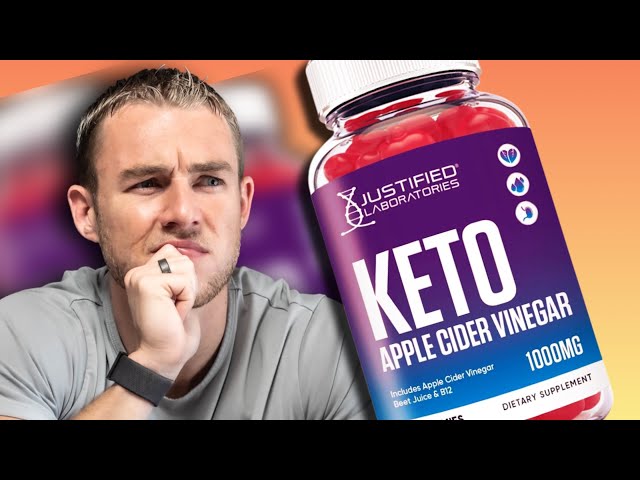
Have you ever seen an ad for Shark Tank Keto Gummies and wondered if they hold the key to effortless weight loss? This question has intrigued many, particularly in 2024, when the keto diet remains a popular trend. As this product claims to combine the legitimacy of Shark Tank's branding with the effectiveness of keto supplementation, skepticism abounds. So, are these gummies truly beneficial, or simply a well-marketed scam?
Firstly, it's essential to note that Shark Tank has never officially endorsed any keto gummies. Despite the eye-catching advertisements showcasing various products as featured on the show, a deep dive into the details reveals a troubling trend of misrepresentation. As highlighted by various sources, including AARP, scammers often utilize the popularity of the show to make their products appear legitimate.1
One recent article states, "Scammers use 'Shark Tank' to make scam ads seem legitimate for many products, including keto and weight-loss gummies." This revelation raises serious questions: why are these ads so prevalent? Are companies capitalizing on the viral nature of keto dieting while ignoring the risks of misleading consumers?
In an interview, one health expert commented, "There are limited studies on the benefits of keto gummies. Most available research has not validated their long-term effectiveness for weight loss. Therefore, it's crucial for consumers to be wary and consult with health professionals before diving into these supplements." This aligns with concerns many have about the validity of gummies marketed for weight loss.
Moreover, reviews on Shark Tank Keto Gummies often seem too good to be true. Claims of rapid weight loss without any accompanying diet or exercise plan sound appealing, yet they lack credible supporting evidence. Many users have reported dissatisfaction, highlighting that these products do not produce the desired results. Furthermore, several articles reveal how the complex marketing strategies behind these gummies often rely on exaggerated testimonials and fabricated before-and-after photos.
Additionally, online discussions surrounding these gummies often share cautionary tales. One user confessed, "I felt deceived when I realized the product I purchased had no connection with Shark Tank and left me feeling the same as before—frustrated and without results." Such anecdotes underscore the need for consumer vigilance.
Despite the marketing hype, more consumers are realizing the truth. "It seems like everyone is trying to get a slice of the keto gummy pie without offering any real solutions," stated another expert involved in keto research. The real question remains: how effective is the keto diet in gummy form? Some specialist opinions suggest that traditional ketone supplements, like BHB (Beta-Hydroxybutyrate), may support ketosis better than sugary gummies.
When considering keto gummies, it’s essential to engage with reputable brands that emphasize quality ingredients. Even then, consumers should remain cautious as many advertisements, especially those linked to Shark Tank, have proven to be misleading or outright scams. Engaging with legitimate sources that have been vetted is crucial for your health and safety.
As of now, moderate skepticism seems warranted. Many reports have indicated that actual product presence on shows like Shark Tank doesn't guarantee effectiveness. In fact, many keto gummies marketed alongside the show's branding are not only unverified but are often criticized for their misleading claims and potential for fraud.
For individuals genuinely interested in pursuing a ketogenic lifestyle, consulting healthcare professionals and focusing on whole foods rather than gimmicky products may offer a more substantial, enduring approach. When it comes to weight management, maintaining a balanced diet alongside physical activity is invaluable.
Ultimately, while Shark Tank Keto Gummies may capture attention, protecting yourself from the scams that regularly infiltrate the market is imperative. The allure of easy solutions to weight loss might captivate many, but due diligence and informed decisions always yield the best outcomes for health and well-being.







